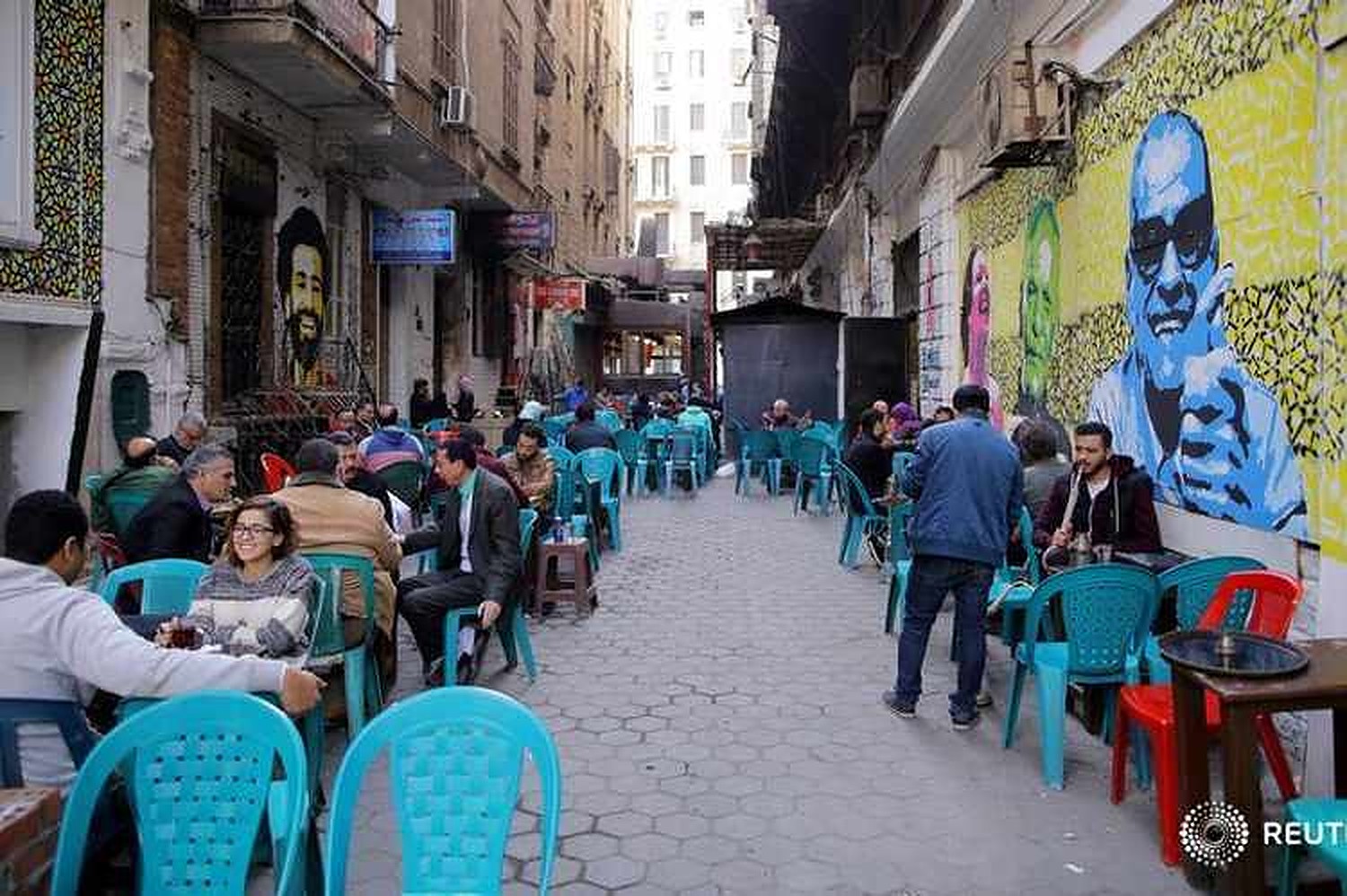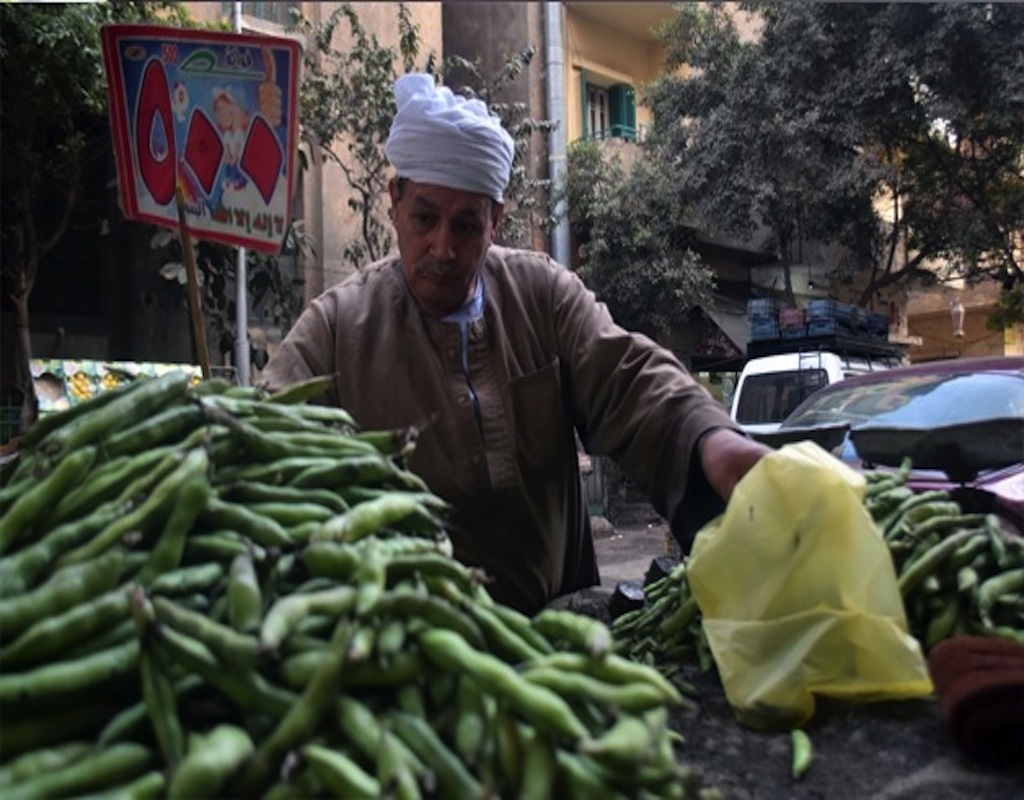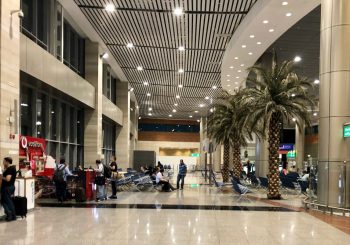As part of Egypt’s COVID-19 response and rebuild strategy, Ministry of Planning recently launched a number of initiatives to protect small businesses, the private sector and provide job opportunities for the youth to decrease unemployment rates.
Following the number of measures that were implemented to contain the virus, Egypt’s unemployment rate increased to 9.2% since the end of March until the end of April, according to the Central Agency for Public Mobilisation and Statistics (CAPMAS).
More than 90 percent of all businesses in Egypt are small businesses, employing more than half of Egypt’s workforce, which are currently struggling to weather through financially due to dwindling sales.
Unemployment costs can reach more than $40 billion a year for the region, according to International Finance Corporation (IFC), and enhancing the private sector as well as small and medium enterprises (SMEs) have been regarded as key factors in helping create new jobs and keeping the economy going amid the crisis.
Protecting small businesses
During a virtual panel organised by the International Council for Small Business, titled “Entrepreneurship, SMEs, and Micro-Projects’ Future in the Post-COVID-19 Phase,” Minister Hala El Said highlighted that a new MSMEs law was recently approved by the parliament, which aims to facilitate the inclusion of the informal sector with the formal sector.
It also includes facilitating financial provision and pushing for more direct and indirect financial incentives to the sector, allowing businesses to keep their employees instead of laying them off.
The minister also added that Egypt is working to support SMEs through increasing industrial complexes, setting up 4,500 industrial units overall in several governorates aimed at boosting Egypt’s industrial sector.
The Ministry of Planning also launched the ‘Rowad 2030′ project, which aims to increasing young entrepreneurs’ skills and capabilities through establishing nine business incubators in artificial intelligence (AI), tourism and business.
Protecting workers in the private sector
Through the ‘Egypt Will Pass’ initiative, Ministry of Planning, in cooperation with Terous Misr Foundation, shared a video on Youtube and social media platforms encouraging the private sector to retain its workforce and provide new job opportunities
The initiative reached over 3 million views on YouTube and a million views on other social media platforms, with the participation of several private companies and employers on their efforts to keep workers employed.
Ahmed Heikal, CEO of Qalaa Holdings, shared his plan to carry out four new projects to provide job opportunities for an additional 2,000 people. Mahmoud Khattab, Chairman and CEO of B.TECH, added that his company is also keen in bringing in 100 more employees in the next six months.
Response and Rebuild
According to the International Monetary Fund, Egypt is the only country in the Middle East projected to grow by 2.0 percent this year in its gross domestic product (GDP), compared to other countries which will most likely see the worst slump in decades.
To mitigate the impact on un-organized labor force, Egypt introduced monetary compensation (500 EGP) offered to informal workers registered at the database of the Ministry of Manpower.
Registration had been done for approximately one million individuals working in construction, agriculture, fishing, and plumbing.
Earlier in April, Minister Hala El Said also noted that Egypt plans to increase investments in the health sector during fiscal year 2020/2021 by 69 percent, through the development of 79 hospitals and 294 primary care units in nine governorates and increasing the number of intensive care beds by 77 percent,
The preferential interest rate on loans to SMEs, industry, tourism and housing for low-income and middle-class families has been reduced, and the regulations issued last year requiring banks to obtain detailed information of borrowers have been relaxed.








Comment (1)
[…] Read more at egyptianstreets.com […]